Auditor’s office eyes PILOT reforms to address inequities hurting rural towns
| Published: 10-13-2023 6:44 PM |
GREENFIELD — State Auditor Diana DiZoglio has been reviewing possible changes to the payment in lieu of taxes (PILOT) program in an effort to end rural towns being underpaid by the government for conservation land compared to their urban counterparts.
In the most recent meeting of the Executive Committee of the Woodlands Partnership of Northwest Massachusetts, DiZoglio’s team gave a presentation on possible recommendations for PILOT program reforms. The program is important for the Woodlands Partnership and is chronicled in its 10-year plan.
“Suffolk County is receiving substantially higher payments than Berkshire County,” said Carina DeBarcelos, senior policy research analyst at the State Auditor’s Office. “We wanted to develop a way to reconsider the economic value of natural land beyond their assessed value.”
The PILOT program functions by paying towns with conservation land for the lost revenue it would see if the land was developed. It calculates funding by allocating awards based on the land’s assessed value. Until recently the program was severely underfunded by about $20 million — it had a line item in the state budget of $30 million, which was recently raised to $50 million. Additionally, because these payments are based on assessed value, the more urban eastern half of the state receives a larger portion of the state money.
An example of this, provided by Ben Tafoya, director of the Division of Local Mandates at the State Auditor’s Office, are the towns of Savoy and Plymouth. Both have a relatively equal amount of land in the PILOT program, but Plymouth receives more than $1 million and Savoy receives less than $200,000.
“That is why we are so enthusiastic about putting this factor in place,” Tafoya said.
In its research, the auditor’s office suggested creating a floor to receive funds for land at either $50 or $75 an acre. The system would work by creating a separate line item in the state budget to additionally fund any piece of land in the PILOT program that makes less than the set minimum amount. DeBarcelos said it would cost the state approximately $6 million to fund the program at $50 an acre, and about $12.3 million to fund the program at $75 an acre. The program plans to supplement the existing PILOT program.
Right now the PILOT program works as “a zero-sum game,” as Tafoya described it, where there is a set amount of money available to be distributed. He explained that as land values go up in the eastern part of the state, it takes program money away from areas with stagnant land values. By adding this supplement as a separate line item, it prevents land that is worth more than $50 or $75 an acre from taking money away from the available pot.
Article continues after...
Yesterday's Most Read Articles
“The reason this recommendation … is so important is it helps rectify the social inequities that exist,” Tafoya said.
DeBarcelos suggested the additional money allocated for PILOT land may be tied exclusively to additional conservation or recreation initiatives in a town.
The auditor’s team explained the land in the PILOT program contributes directly to the state’s environmental goals, providing individuals with recreation opportunities and contributing to carbon sequestration.
“We view this as a way for a win-win for everyone,” Tafoya said.
Tafoya noted that other issues with the PILOT program include an inability to qualify if the land was nontaxable beforehand. One example would be if the state received land from a nonprofit that does not pay taxes, such as the Boy Scouts. He also advocated that there should be a clause added that states communities cannot make less money than in previous years, eliminating some of the inequities of urban areas banking on the rising property values in their areas.
State Sen. Paul Mark, D-Becket, proposed different reforms to the PILOT program to promote rural equity earlier this year, which the auditor testified in favor of despite those reforms being different than the ones proposed by DiZoglio’s team. There is no timeline for the implementation of these reforms.
“Higher funding alone is not enough,” DeBarcelos said. “Inequities continue to be present in communities, especially in the communities in the Woodlands Partnership.”
Bella Levavi can be reached at 413-930-4579 or blevavi@recorder.com.

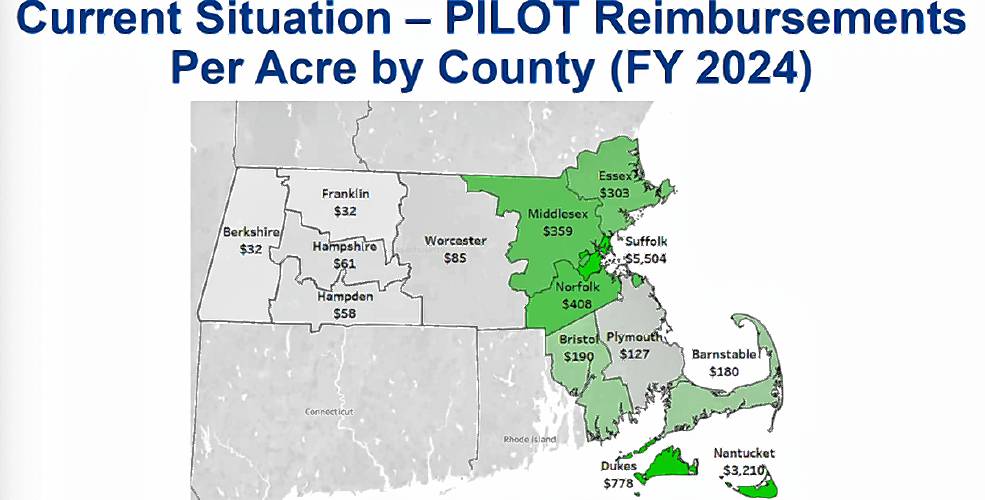
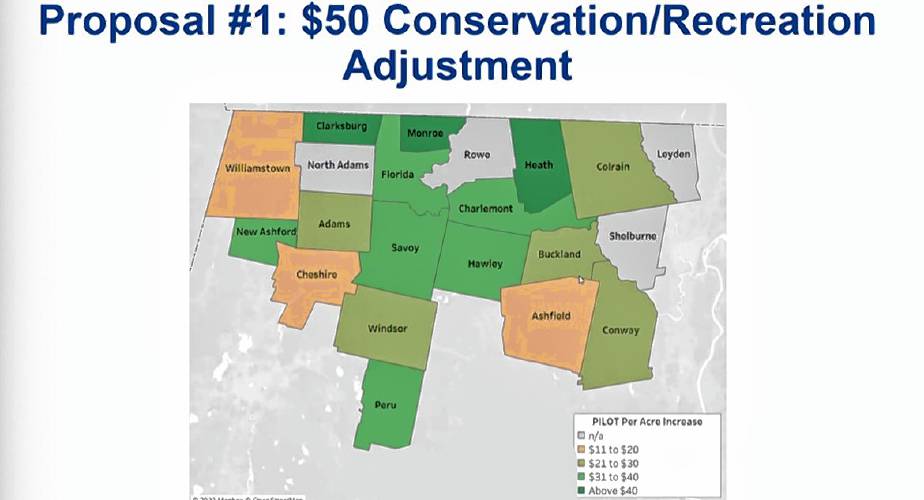
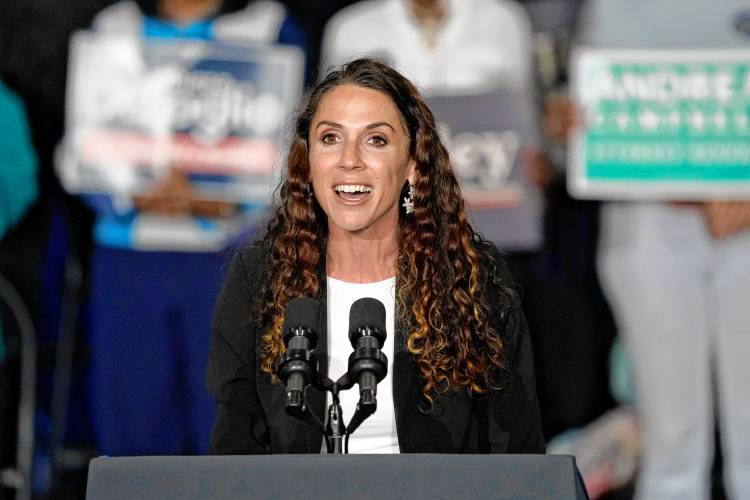
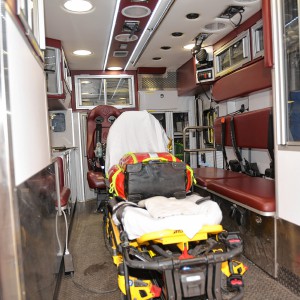 What are the protocols for emergency transport of infants?
What are the protocols for emergency transport of infants? State records show Northfield EMS chief’s paramedic license suspended over failure to transport infant
State records show Northfield EMS chief’s paramedic license suspended over failure to transport infant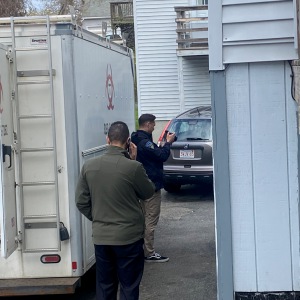 Authorities ID victim in Greenfield slaying
Authorities ID victim in Greenfield slaying  Frontier Regional School students appeal to lower voting age
Frontier Regional School students appeal to lower voting age
